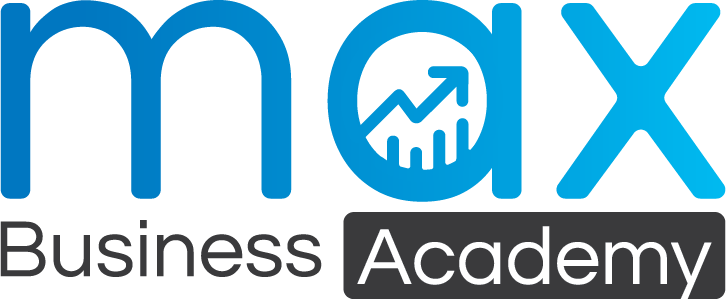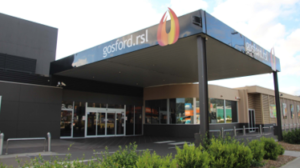When most entrepreneurs hear the term “budgeting,” they visibly cringe. It’s not uncommon for the budget that had been created so carefully, to end up collecting cobwebs in your store room shelf and it’s something you never see again; until of course your accountant urges you to send it to him.
But the fact is that your budget is far more important than you think. It’s crucial in assisting you as well as your management team to work towards getting the profit you want. We all deal with budgets at some time or the other. If you feel that it’s important your kids attend a good college, you will organise your finances in such a way that you would be able to make that work. If you want to buy a specific model of luxury car or want to go on an international cruise, you will find a way to set that money aside somehow.
When you have a firm goal in mind, you automatically make intentional financial decisions to solidly support and achieve those business goals; and the intent is all important in this aspect. Business budgeting is very similar. You need to start with a specific end in view. For instance if you want to make inroads into a new market and are looking to gain certain percentage of operating profit return on revenue, you’re budget should be designed in a manner that it will produce the desired result.
The importance of using a bookkeeping program
The business budget doesn’t need to be very involved and intricate; it only has to serve your business well. With this in view, it’s a good idea to invest in an effective bookkeeping program in case you don’t have one already. Since there are a number of such programs available, it’s best that you discuss this with your accountant and get their inputs and recommendations before deciding which one to use.
Using a good bookkeeping program will help keep your budget and all the line items well-organized; it will also give you the ability to very simply and easily categorise transactions as well as build reports. It’s necessary that your accountant be there every step of the way to make sure that all the financial information is accurately represented. This approach will help in a number of ways:
- Once you have your program in place, you’ll also find that various assets such as your budget and cash plan, income statement, etc. are far more consistent
- It will communicate much more information about your business.
- You should begin with your Profit and Loss and then think about what it actually costs you to make a sale.
- Ascertain how much money you are putting into producing your product
- The advertising and marketing expenses of making that sale would also have to be taken into account.
- When you break down the amount you’re spending to sell your products, you’re determining the Cost of Goods.
- In addition, you’ll also want to take a closer look at your Fixed Expenses (these expenses don’t change each month).
- The trick lies in not looking at the figures at the end of every line item; but instead, taking a closer look at the percentage differences.
- From there, you can then take a keener look at your budget and design it with intention.
- If you currently have a 7% steady increase in your sales, what are the things you can do to take that to an increase of 20%?
With this knowledge in mind, and this approach, make it a point to peruse your previous bills or budgets. Ask yourself what you expect for the near future and keep space for market variables before you design a long-term budget strategy.









